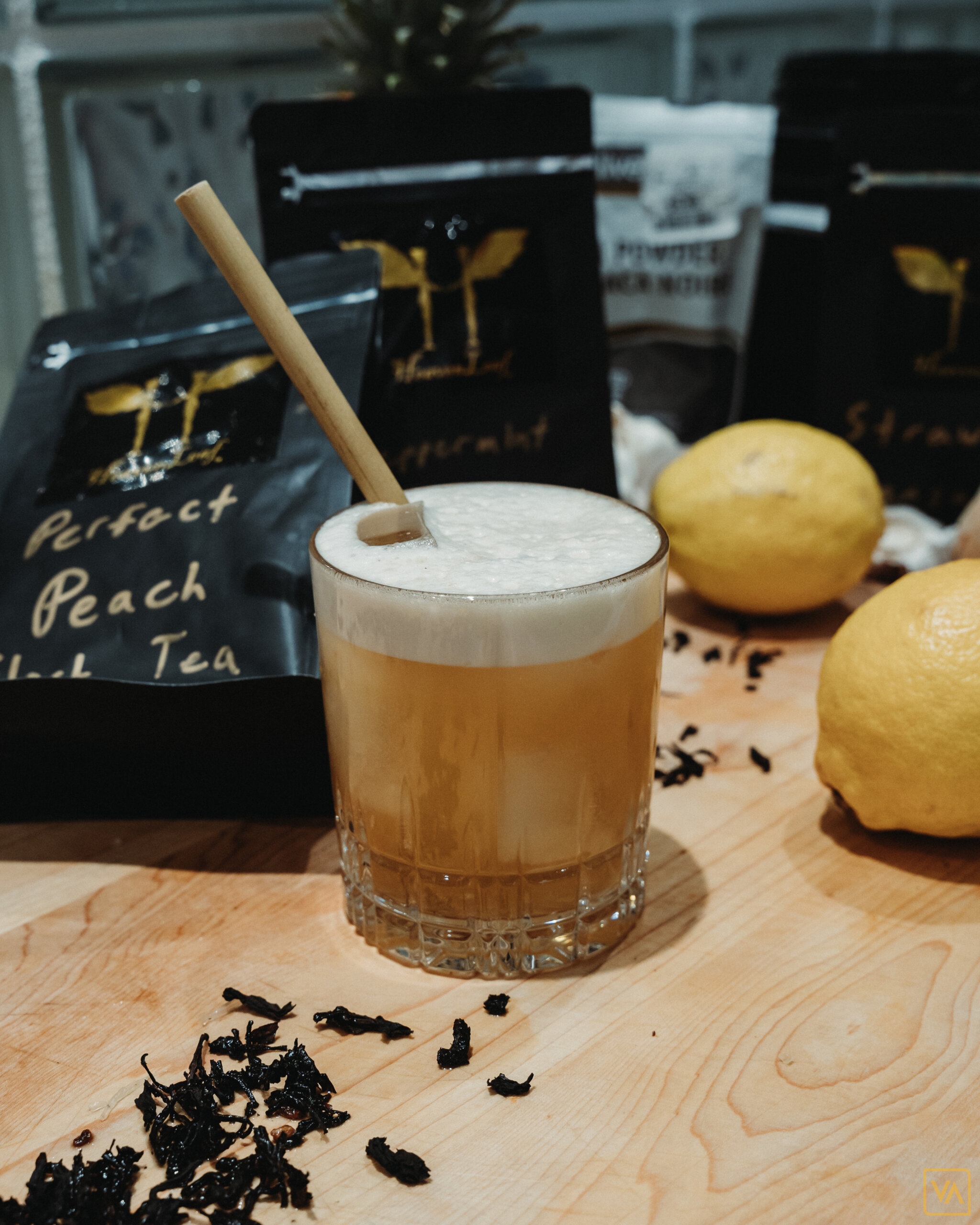
The Serendipitous Synergy of Black Tea and Shisha
As the shisha smoke gracefully ascends, it sparks a contemplation: what if this age-old ritual, a symbol of communal bond and cultural heritage, holds secrets beyond its traditional allure? Each gathering, often marked by the rhythmic clinking of tea glasses, might subtly intertwine with aspects of health and well-being. This intriguing premise invites us to explore further, to unravel how this blend of tradition and camaraderie might intersect with scientific insights, adding a new dimension to our understanding of a practice steeped in history.
A Tale of Tradition
In the warm embrace of a Middle Eastern bazaar, where the chatter of commerce dances through the air as vibrantly as the colors that swirl around the stalls, there's a ritual that unfolds with the grace of centuries-old tradition. Here, amidst the hum of haggling and the allure of ancient crafts, sits the heart of social communion: the shisha café. Its tendrils of fragrant smoke climb towards the heavens, an offering of shared moments and stories told.
Picture a gathering in Damascus, where the golden glow of sunset bathes the city in a light as soft as the pashminas gracing the shoulders of market-goers. Or imagine a home where family and friends come together, their laughter intertwining with the evening's cool breeze. In both scenes, the clinking of glasses filled with black tea provides a rhythmic accompaniment to the bubbling shisha.
This is a scene replicated in countless variations across the region, where black tea isn't just a beverage; it's a symbol of hospitality and warmth, often savored with the ceremonial puffing of shisha. Yet, unbeknownst to many who partake in this dance of flavors and fellowship, their preferred pairing holds a secret—a serendipitous benefit to their health, hidden in the depths of their steaming cups of tea.
The Cultural Canvas
The tradition of coupling black tea with shisha is as deeply rooted as the ancient palm trees that stand guard over Middle Eastern lands. From the vibrant street corners of Cairo to the terraced houses of Istanbul, the ritual unfolds. The tea, steeped in history, is poured with a flourish, its robust character a perfect foil to the sweet, heady notes of shisha smoke.
In the Levant, the brewing of tea is an art, with each region boasting its own blend, often spiked with herbs or spices that tell the tale of local tastes and terroirs. Mint, cardamom, or sage may kiss the brew, adding their whispers to the story. And when the sun dips below the horizon, signaling the end of a fast during Ramadan, it is this black tea that graces iftar tables, a faithful companion to the evening's first, fragrant draw from the shisha pipe.
The act of sharing a shisha is a thread that weaves through the social fabric of these cultures, symbolizing a space where time slows and conversation flows.
It's not uncommon to see a group of friends, reclining on embroidered cushions, passing the shisha hose from hand to hand, the gesture as much a part of their interaction as the words they exchange. And amidst this conviviality, the tea serves as a silent witness, its presence as comforting as the familiar patterns on the tiled floors.
Yet, this tableau of camaraderie and culture is more than just a stage for social bonding—it's a canvas where health and tradition blend in unanticipated harmony. As we peel back the layers of this enduring custom, we find that the humble cup of black tea is not merely a thirst quencher but a vessel of antioxidants, potentially safeguarding the body against the oxidative stress of smoke.

The Science Unveiled
Antioxidants, nature's own molecular guardians, play a vital role in safeguarding our cells against the relentless assault of free radicals. These unstable atoms or groups of atoms can wreak havoc on our bodies, contributing to chronic diseases and cell damage. Imagine these antioxidants as an elite force, defusing these harmful agents, one free radical at a time, fortifying the body's defenses.
Enter black tea, a common companion to shisha.
Steeped in more than just tradition. Polyphenols, a group of potent antioxidants found in black tea, including catechins, theaflavins, and thearubigins, are not just words to twist the tongue; they are compounds that may twist the fate of our health for the better. These antioxidants are the main characters in black tea's narrative of benefits, with studies suggesting they could play a role in reducing the risks associated with chronic conditions like diabetes, obesity, and high cholesterol.
Consider the compelling evidence from an animal study where theaflavins and thearubigins showed a propensity for reducing cholesterol and blood sugar levels. Or an older study pointing to catechins' ability to decrease body fat over a 12-week period. These findings paint a picture of black tea not as a mere beverage, but as a potential ally in our quest for health. But let's take a closer look at a specific scenario – the traditional smoking of shisha.
Smoking, without question, leads to oxidative stress, an imbalance between free radicals and antioxidants in your body, which can result in cell damage. Oxidative stress is like a silent storm brewing in the cells, setting the stage for inflammation and injury, particularly in the lungs. This is where black tea steps in with its antioxidant prowess, as suggested by research examining its preventive effects on oxidative damage in a guinea pig model.

In this study, guinea pigs exposed to cigarette smoke, a proxy for shisha's impact, showed significant signs of lung injury. Yet, when these guinea pigs were given black tea to drink, the narrative shifted dramatically. The tea seemed to counteract the oxidative stress, inflammation, and subsequent cellular injury. By equipping these animals with a simple tea infusion, scientists observed a substantial reduction in the oxidation of proteins and a significant decrease in the loss of essential proteins in the lungs, liver, and heart.
The reduction of protein oxidation and loss was about 90% in the lungs, 97% in the liver, and 70% in the heart when the tea was introduced, pointing to a stark contrast in the fate of tissues that were once at the mercy of smoke exposure.
Such findings, when considered in a human context, hint that regular consumption of black tea might act as a defensive layer against the cellular damage caused by smoke, possibly staving off the progression of related degenerative diseases. Histological analyses further substantiated these findings.
Lung tissues from smoke-exposed guinea pigs drinking black tea showed fewer signs of damage compared to their tea-deprived counterparts. It's a tale of cellular protection, where the antioxidants in black tea mitigated the oxidative stress-induced cellular damage, leading to healthier lung tissue.
The Balanced Brew
The infusion of black tea into the ritual of shisha smoking should be seen as a complement to tradition, not as a carte blanche to indulge. It's important to clarify: the presence of antioxidants in black tea, while beneficial, does not neutralize the health risks associated with smoking. Like the delicate balance of flavors in a well-brewed cup, moderation is key. Black tea may serve as a harmonious accompaniment to the social and cultural act of shisha smoking, but it should not be misconstrued as a remedy for smoke inhalation.
The objective is not to endorse increased smoking under the guise of black tea's protective umbrella but to encourage a responsible approach to a practice deeply rooted in cultural heritage.
A Toast to Health and Heritage
As we trace the wisps of smoke back through time, we find ourselves entwined in a rich tapestry of culture and camaraderie, where black tea and shisha share the stage. It's a partnership that's evolved into a social symphony, played out in cafes and homes, where stories are shared with every sip and puff. Recognizing black tea as a wise choice during these sessions is to acknowledge the subtle interplay between our health and our heritage. This blend of past and present, of wellbeing and tradition, is a dance that requires a conscious and informed lead.
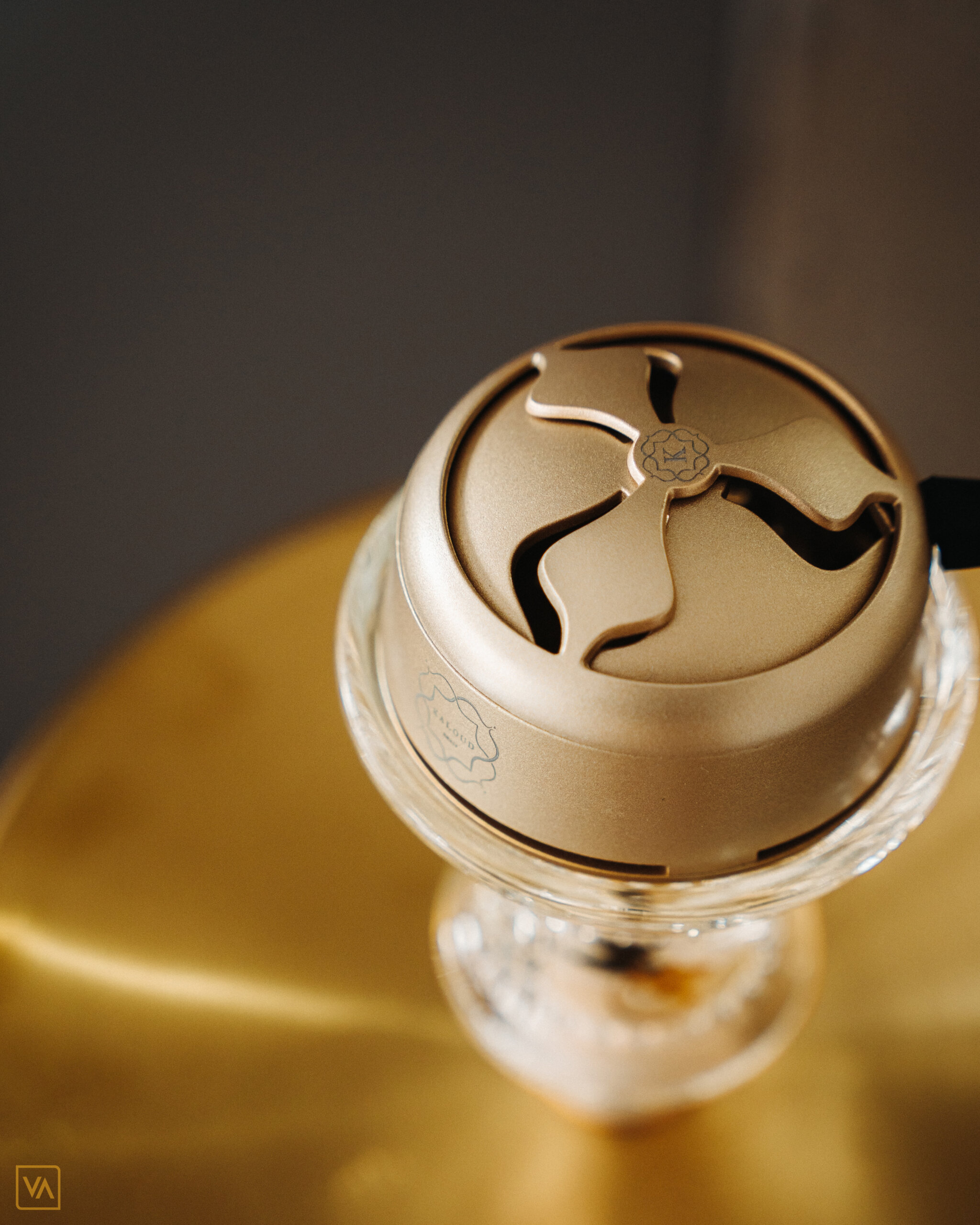
Let us raise our cups, not just in the spirit of enjoyment, but with an awareness of the delicate balance between indulgence and health.
We invite you, connoisseur and novice alike, to continue this tradition with mindfulness, to partake in the communal joy of shisha while sipping on black tea, savoring both responsibly.
So there you have it!
Together, let's embrace this shared experience, where every puff and sip is an act of celebration and a choice for wellbeing.
Happy smoking!
Ongoing research into the interconnection between cultural practices & health is vital.
It holds the promise of enhancing our understanding of how traditional habits can be aligned with the principles of a health-conscious lifestyle. This journey of discovery is not just scientific; it's a cultural one that respects and revitalizes our heritage.
As we explore these avenues, Shisha Nova welcomes everyone to our community—a place where the age-old ritual of shisha meets the mindful indulgence of wellness.
MOST POPULAR
-
 Olla Opi Y Bowl
CAD $100.00
Olla Opi Y Bowl
CAD $100.00
-
 Dschinni Flexible Base Brush
CAD $9.99
Dschinni Flexible Base Brush
CAD $9.99
-
 DSH Personal Mouth Tip With Lanyard
CAD $20.00
DSH Personal Mouth Tip With Lanyard
CAD $20.00
-
 Steamulation Carbon Molasses Catchers
CAD $79.00
Steamulation Carbon Molasses Catchers
CAD $79.00
-
 Dschinni Stainless Steel Diffusers
CAD $11.50
Dschinni Stainless Steel Diffusers
CAD $11.50
DEALS
 Flat Earth
Flat Earth
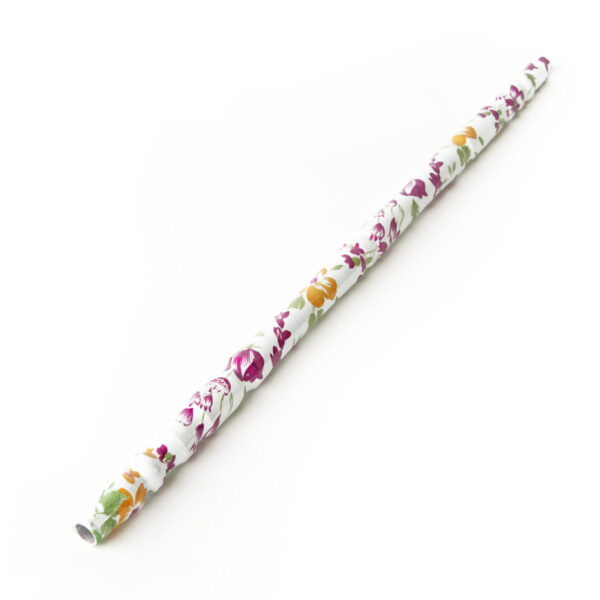 Flower
Flower
 Green
Green
 Light Blue
Light Blue
Dschinni Aluminum Camo Hokus Pokus Wand Mouthpieces
In stock
 Black
Black
 Blue
Blue
 Silver
Silver
Dschinni Aluminum Wand Mouthpieces
In stock
 4KG
4KG
Dschinni Premium Charcoal Cubes
In stock
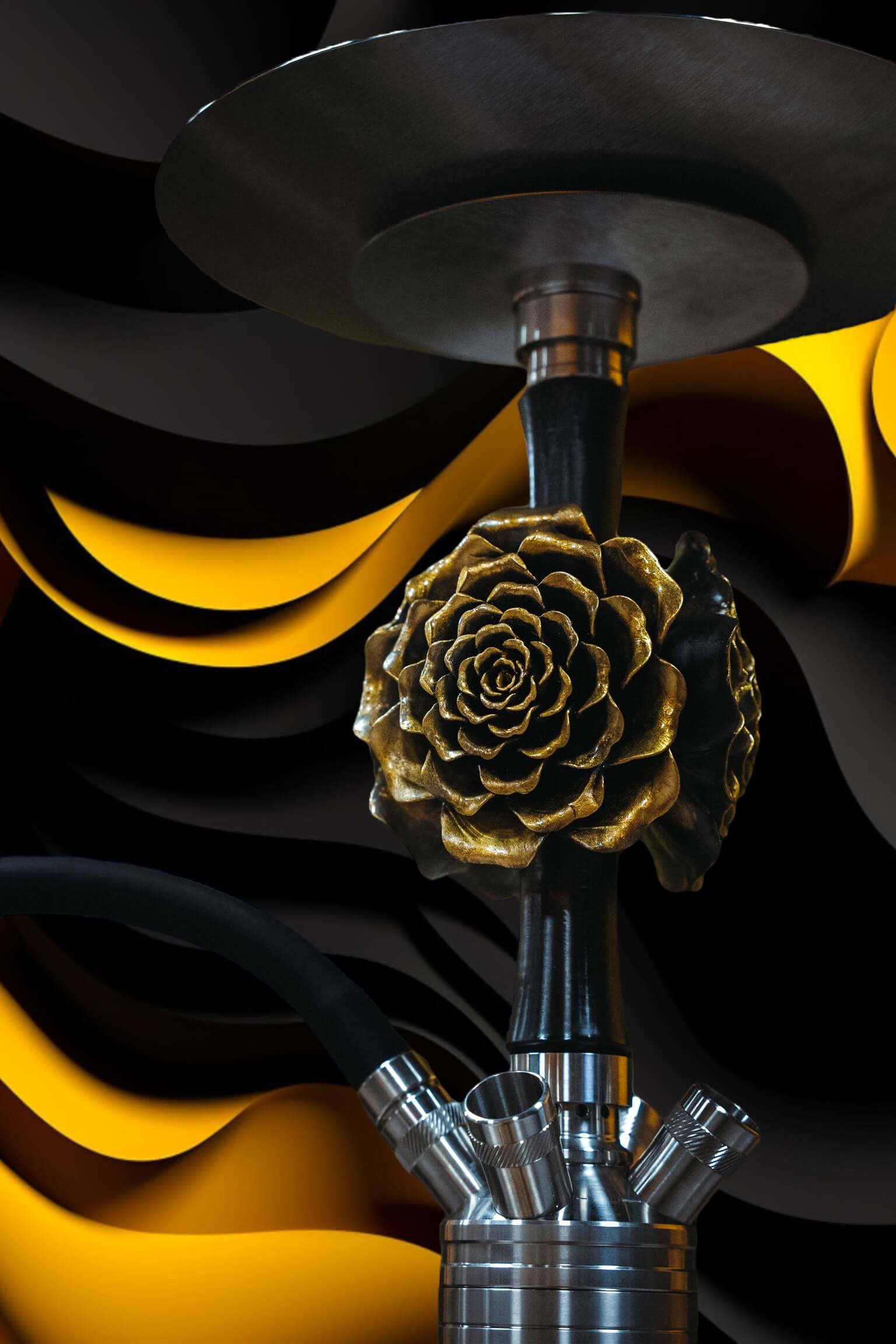

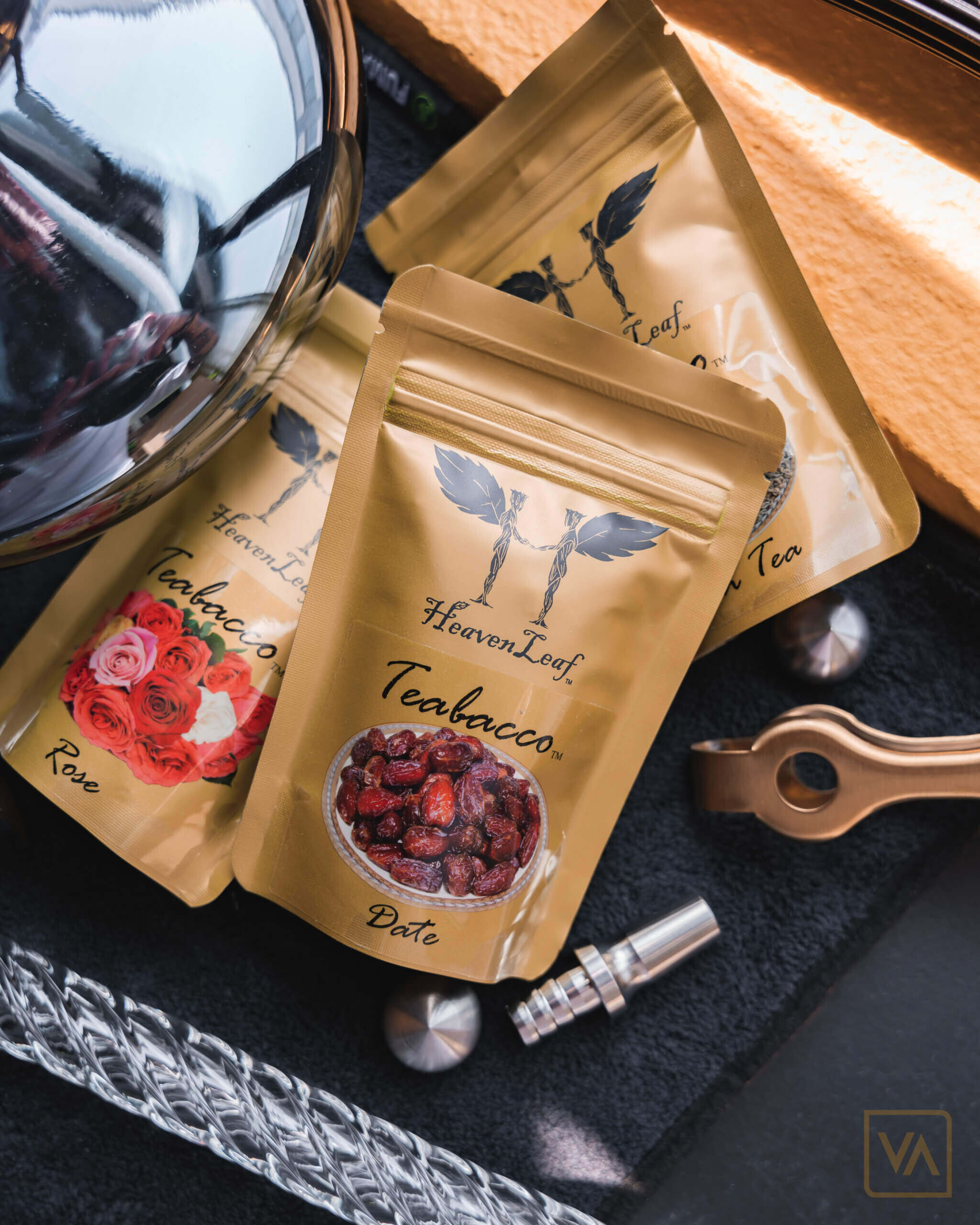



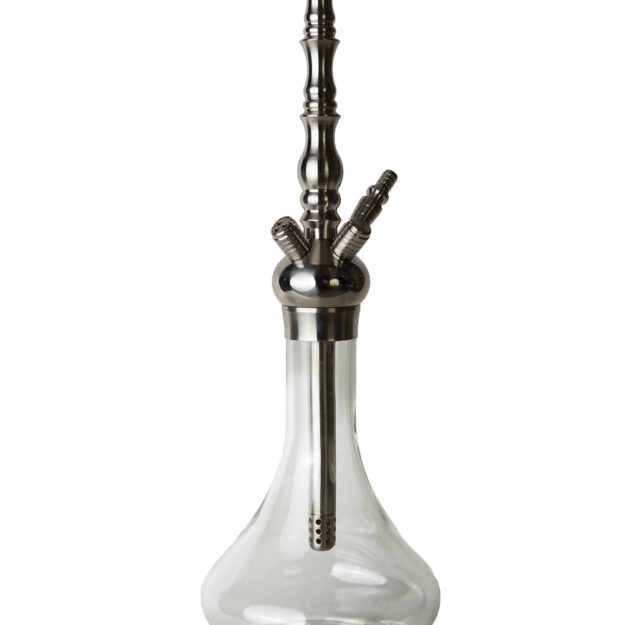


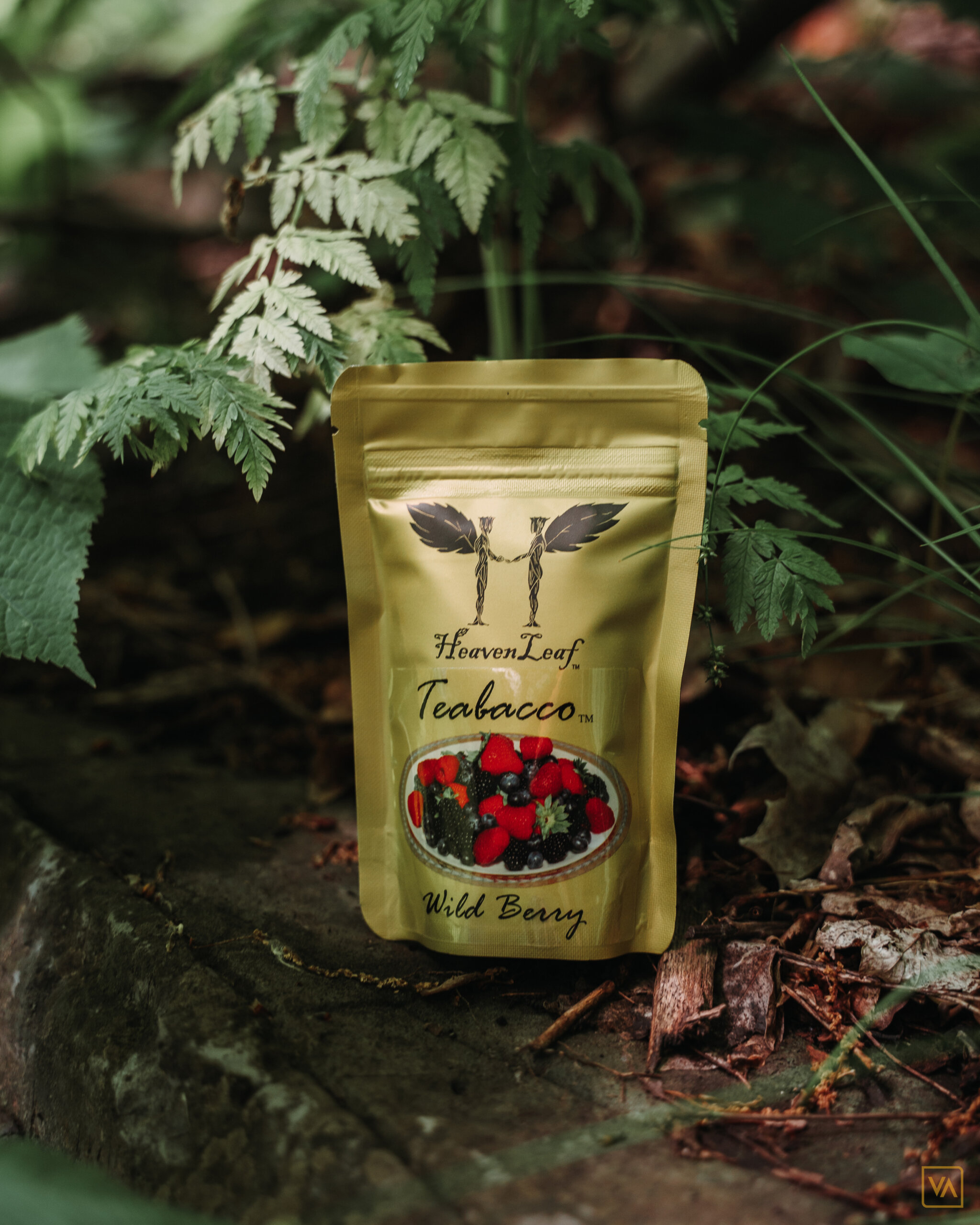
I like it!